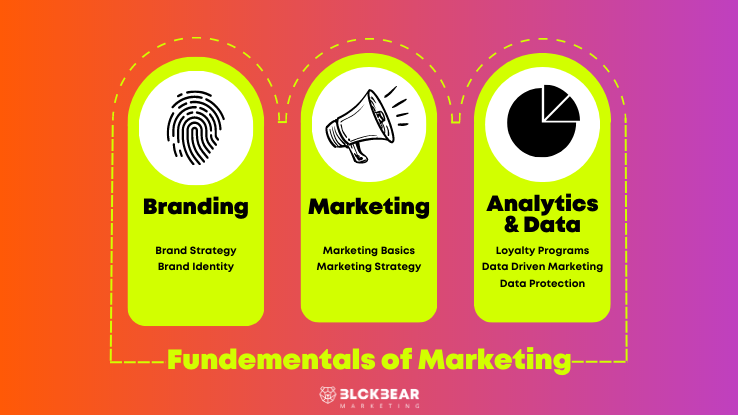



 Tech & IT
Tech & IT
 Business
Business
 Coding & Developer
Coding & Developer
 Finance & Accounting
Finance & Accounting
 Academics
Academics
 Office Applications
Office Applications
 Art & Design
Art & Design
 Marketing
Marketing
 Health & Wellness
Health & Wellness
 Sounds & Music
Sounds & Music
 Lifestyle
Lifestyle
 Photography
Photography
More Learnfly
Business Solution Become an InstructorPersuasion is the art of influencing attitudes or behaviors through communication. It involves using compelling arguments, emotional appeal, and credibility to convince others to adopt a particular viewpoint, take action, or make a decision.












Learn more topics in various categories at one place. Explore unlimited courses in other categories and up-skill yourself today.

 Jazeb Akram
Jazeb Akram 4.2 771064 Beginner Level

 John Hedengren
John Hedengren 4.1 568980 All Level

 Ranjan Pandey
Ranjan Pandey 4.1 346667 All Level

 Muhammad Ahsan Pervaiz
Muhammad Ahsan Pervaiz 4.2 101268 All Level

 Pieter Vliegenthart
Pieter Vliegenthart 4.6 100858 All Level

 Jerome P.
Jerome P. 4.8 100779 All Level

 Vikas Munjal
Vikas Munjal 4.8 100011 Beginner Level

 Senol Atac
Senol Atac 4.9 100001 All Level

 Avinash A
Avinash A 4.8 99910 All Level

 Isobelle van Zyl
Isobelle van Zyl15 Lectures

 Alan Sharpe
Alan Sharpe 10 Lectures
.png)
 mohit Khoria
mohit Khoria16 Lectures

 Gaurav T
Gaurav T7 Lectures

 Seth Godin
Seth Godin1 Lectures

 Nour Boustani
Nour Boustani10 Lectures

 Dr. Abhishek Tiwari
Dr. Abhishek Tiwari18 Lectures

 Dr. Abhishek Tiwari
Dr. Abhishek Tiwari21 Lectures

 Hasan Aboul Hasan
Hasan Aboul Hasan19 Lectures

 Vladimir Raykov
Vladimir Raykov36 Lectures
Persuasion is the act of influencing or convincing someone to adopt a particular belief, take a specific action, or change their behavior through the use of effective communication, reasoning, and appeal to emotions. It involves presenting arguments and information in a compelling manner to sway opinions and decisions.
Persuasion is important in communication as it enables individuals to achieve their goals, whether it's convincing others of a certain viewpoint, encouraging a specific action, or gaining support. In professional and personal contexts, effective persuasion fosters collaboration, negotiation, and successful communication.
Apply persuasion techniques by understanding your audience's needs, values, and motivations. Clearly articulate your message, provide compelling evidence, and appeal to emotions when appropriate. Use persuasive language, storytelling, and rhetorical devices to enhance your communication and create a convincing case.
Empathy plays a crucial role in persuasion by allowing individuals to understand and connect with the emotions and perspectives of others. Demonstrating empathy builds trust and rapport, making it more likely for your audience to be receptive to your message. Tailor your persuasive communication to address the specific concerns and aspirations of your audience.
Individuals can enhance their persuasion skills by practicing active listening, observing successful communicators, and studying the principles of effective persuasion. Read books on persuasion, attend workshops or courses, and seek constructive feedback to continually refine your communication techniques. Engage in real-world scenarios where persuasion is necessary to gain practical experience and improve your ability to influence others positively.






